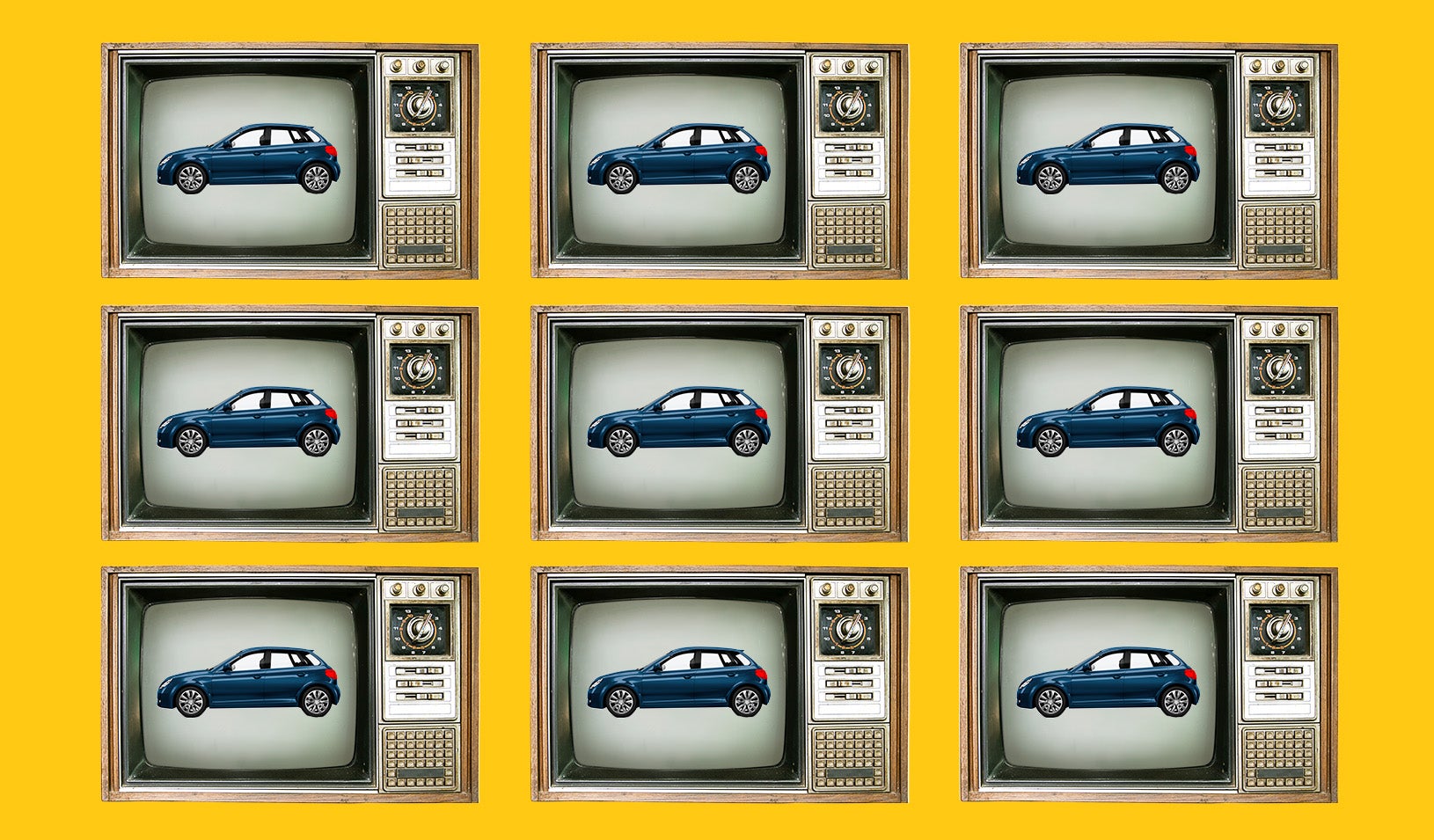February 01, 2011
| by Stanford GSB StaffIn 2009, after months of scathing media reports of cars that could accelerate out of control, Toyota had an extremely expensive problem on its hands. Recalls, fines, and plunging sales resulted in losses to the auto manufacturer in the neighborhood of $2 billion. But bad news isn’t always bad for business. After the movie Borat made relentless fun of the nation of Kazakhstan, Hotels.com reported a 300% increase in requests for information about the country, and a wine described as “redolent of stinky socks” by a prominent website saw its sales increase by 5%.
In a new study from Stanford Graduate School of Business, researchers say in some cases negative publicity can increase sales when a product or company is relatively unknown, simply because it stimulates product awareness.
“Most companies are concerned with one of two problems,” says Alan Sorensen, associate professor of economics and strategic management at the business school and one of the authors of the study. “Either they’re trying to figure out how to get the public to think their product is a good one, or they’re just trying to get people to know about their product. In some markets, where there are lots of competing products, they’re more preoccupied with the latter. In that case, any publicity, positive or negative, turns out to be valuable.”
Looking at 240 fiction book titles reviewed by the New York Times, investigators found that positive reviews, not surprisingly, always increased sales by anywhere from 32 to 52%. For books by established authors, negative reviews, also not surprisingly, led to a 15% decrease in sales.
For books by relatively unknown authors, however, negative publicity had the opposite effect, increasing sales by a significant 45%. Follow-up studies affirmed the reason: Even bad reviews drew attention to works that otherwise would have gone unnoted. Moreover, the “negative” impression bad reviews created seemed to diminish over time.
In another study, participants read book reviews that were either positive or negative, on books penned either by well-known or new authors. Some participants were asked immediately to rate how likely they would be to purchase such books, while others were given an unrelated task and later asked if they would buy the book.
For well-known books, negative publicity resulted in less likelihood of purchase, whether participants reported their preferences right away or after a delay. However, for unknown books, the negative publicity did not affect the likelihood of purchase after a delay.
“This suggests that whereas the negative impression fades over time, increased awareness may remain, which can actually boost the chances that a product will be purchased,” explains Sorensen, who authored the study with Jonah Berger, PhD ‘07, now a faculty member at the Wharton School, and alumnus Scott Rasmussen, BA ‘03, a Stanford undergraduate economics and mathematics undergraduate at the time the research was being conducted.
The research indicates that new entrants may have little to lose when it comes to publicity of any kind — the key is simply to get seen. “Smaller [motion picture] producers,” the authors write, for example, “may want to allow, or even fan, the flames of negative publicity.” Indeed, bad press, they suggest, may even serve as a form of direct marketing that can “slip under the radar” and be unrecognized as such. Brand names, on the other hand, have more at stake, as McDonald’s saw when a rumor circulated that it used worm meat in its hamburgers: Sales decreased by more than 25%.
Might the virulence of the negative PR have bad effects, no matter what? When might scandals unrelated to the quality of the product — about the CEO or star associated with it — be advantageous or disadvantageous? How exactly does publicity influence word of mouth, memory, and exposure to products? Such questions, say the authors, may offer interesting avenues for future research.
For media inquiries, visit the Newsroom.






